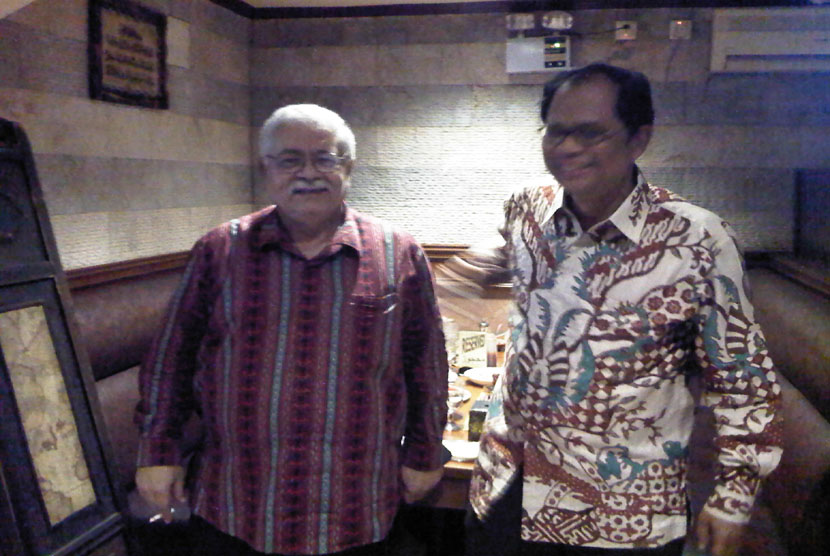REPUBLIKA.CO.ID, By Parni Hadi (Board of Trustees Dompet Dhuafa)
Great Potential
What did the proposal look alike? First, the mosque is the center of people gathered to pray and perform other rituals of Islam. People gathering have a great potential. Moreover, a collection of people with good intentions to worship God, each on their own holy state, neat and clean clothes, and God willing, as well as their hearts. They have great potential to be mobilized for the good intention, good energy, with their expertise's, time and great wealth.
For employers, collection of people means collection of money, at least still in the form of the potential. Why do not we move the money or the potential into reality? Muslims are obliged to pay zakat. The obligations contained in nearly 30 verses of the Qur'an after obligation to set up prayer, then pay zakat. The mosque is the best place to pay zakat.
People may be hungry and thirsty. This is a culinary business opportunity. People need the best prayer clothes, perfumes and worship equipment. This opens the field of business as well. People on a gathering need necessary household appliances, motorcycles, cars and other services. The answer already appeared, especially on Friday, the emergence of the "shocked" market at the mosque neighborhood.
Most of the economic potential of the mosque was already explored, but not in an optimal way. We can imitate the environment around Majidil Haram in Mecca which has become the center of a bustling economy. Starting from a variety of restaurants, jewelry stores and clothing until skyscraper hotels flourished the city, similarly, the area around the Prophet's Mosque, in Medina. Certainly, socioeconomic status of Hajj and Umrah pilgrims determined what food and services they need.
For Indonesian mosque, of course, it has a varying social status. Employers already know that and skilled to adjust for local demands. To target the rich Muslims, they could have built elite residential complexes bearing Islamic mosque at its center. But, what I mean mosque-based community development; certainly the rich are not the main target, but the poor. Therefore, the zakat from the muzakis (who must pay zakat), infaq and sedekah form the generous congregation, if it was managed properly and correctly according to sharia, it could become an engine of empowerment for the poor (mustahik).
Mosques and congregation I mean are who reside in a particular residential area, not in offices. Residents around the mosque and merchants around the mosque, who became worshipers, are the target of this empowerment. The rich and the expert become a helper and the poor are the beneficiaries.
According to records, in Indonesia there are about one million mosque, more than three thousand are in Jakarta, and number of musholla are grater. If the average donation per Friday pray amounted to Rp1 million, then it has the total Rp1 trillion every week or Rp 52 trillion per year. If you add the obligatory charity, zakat, of course the total will be much greater.


